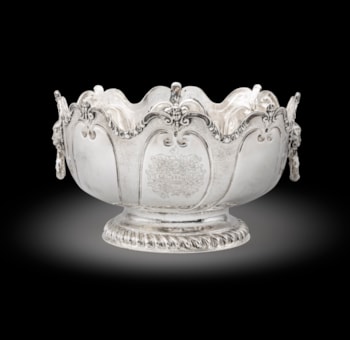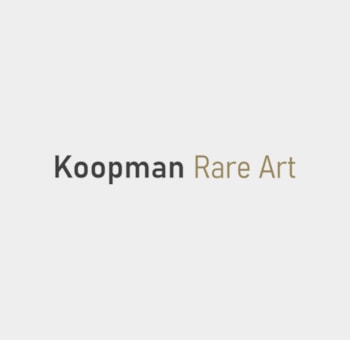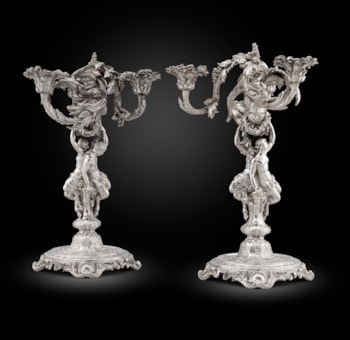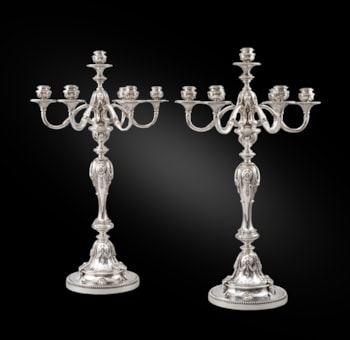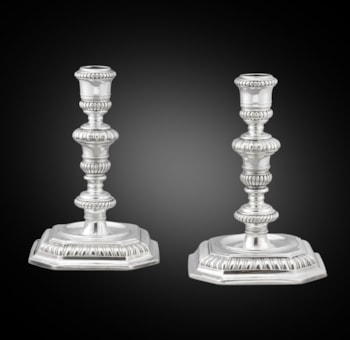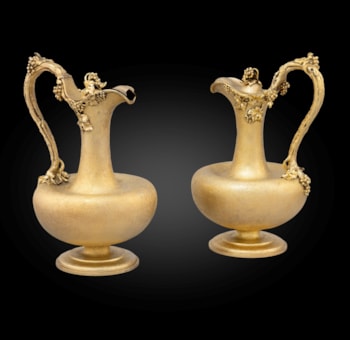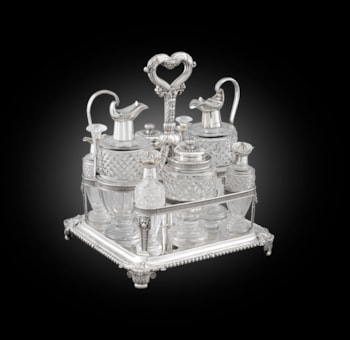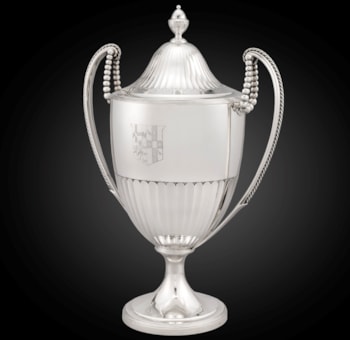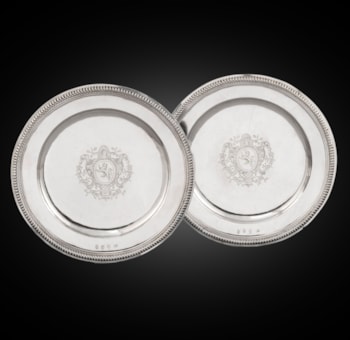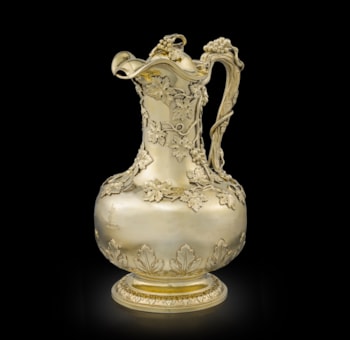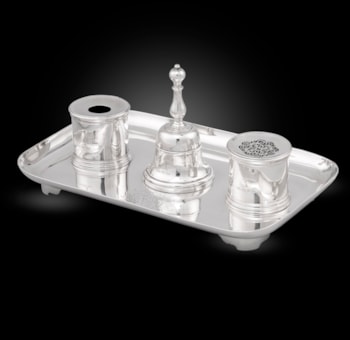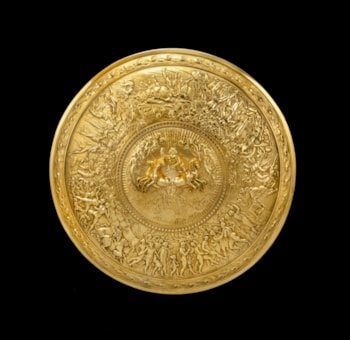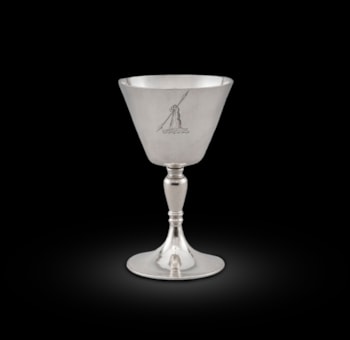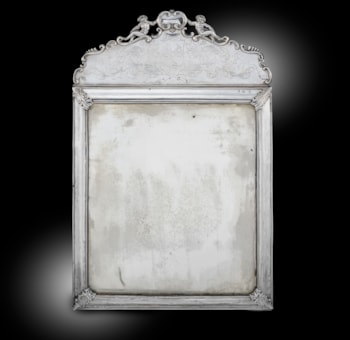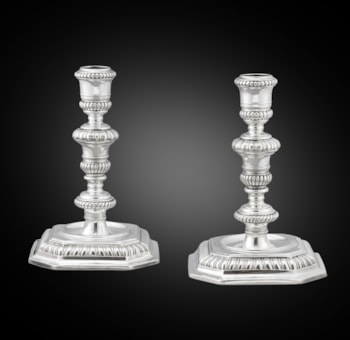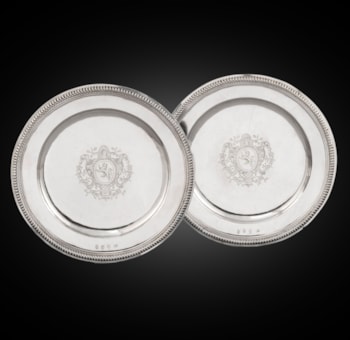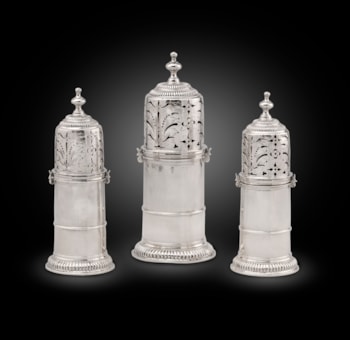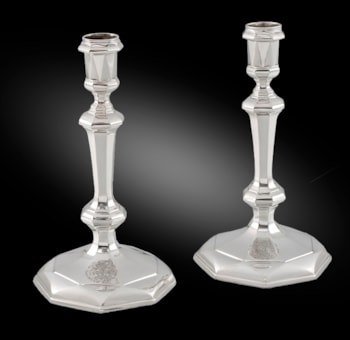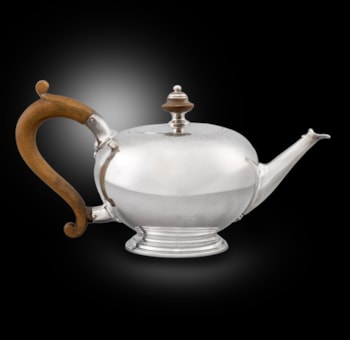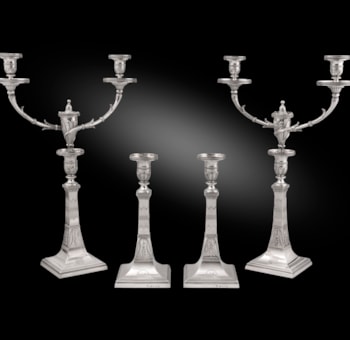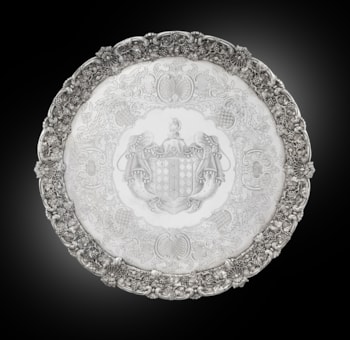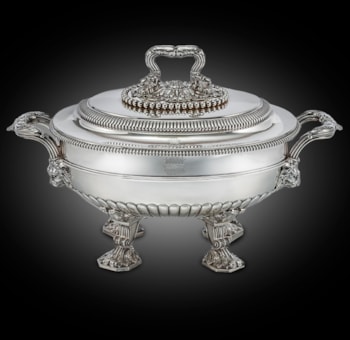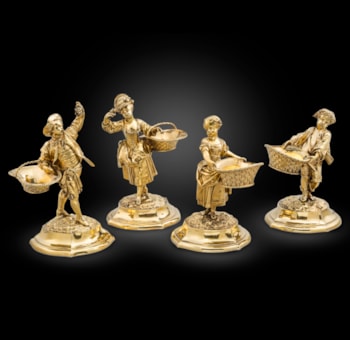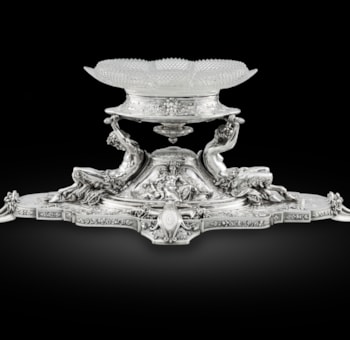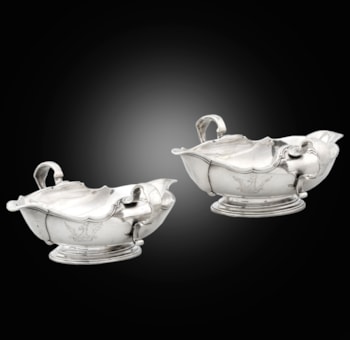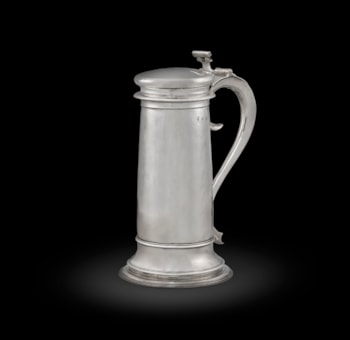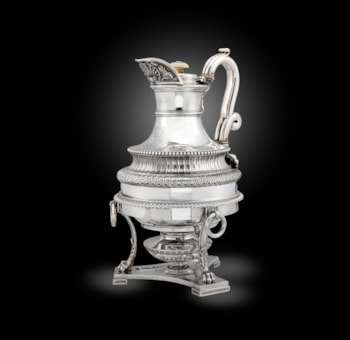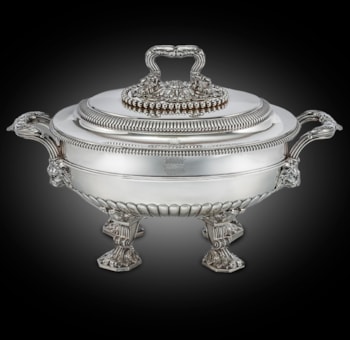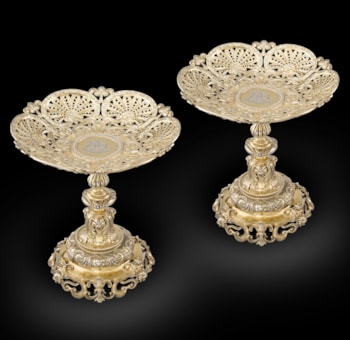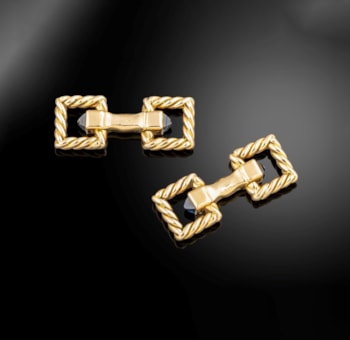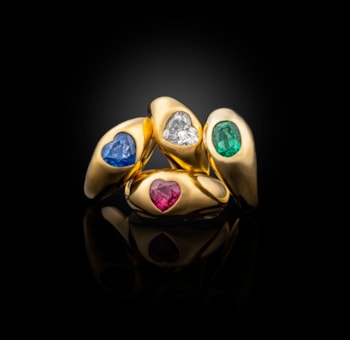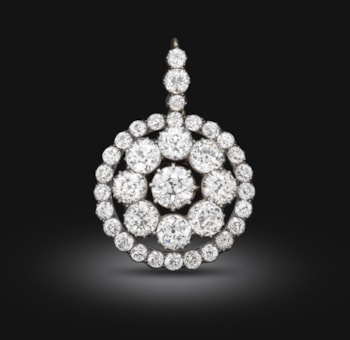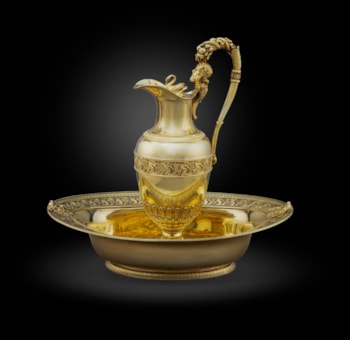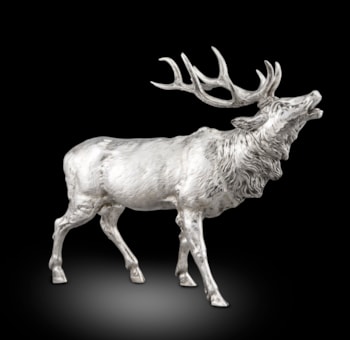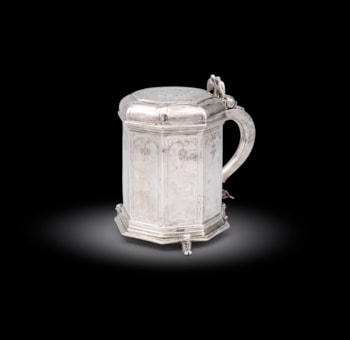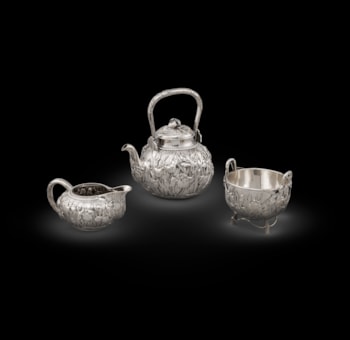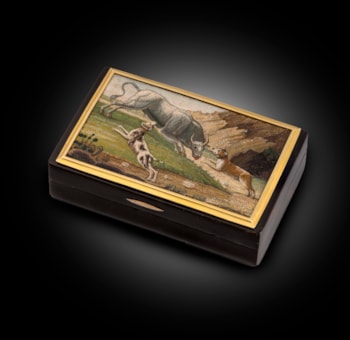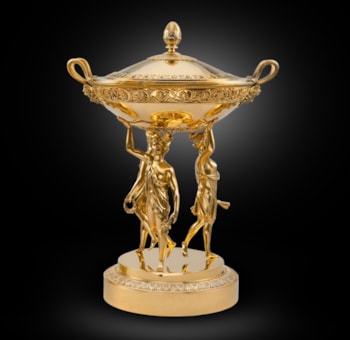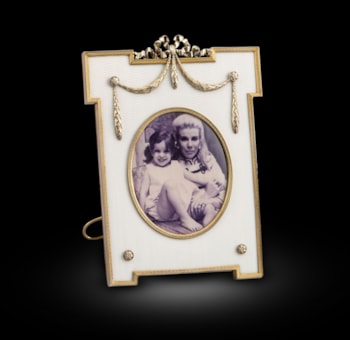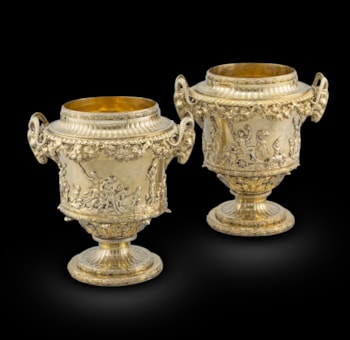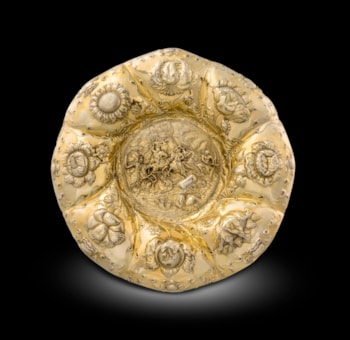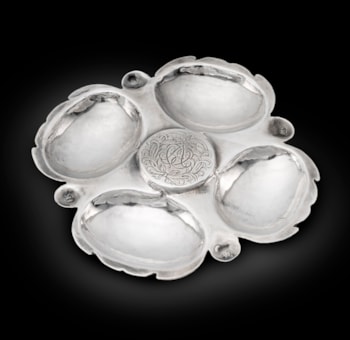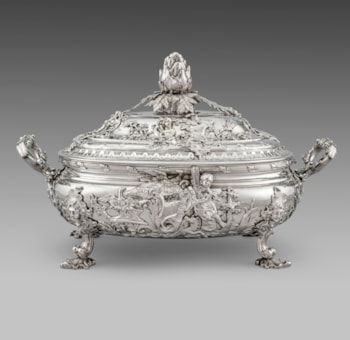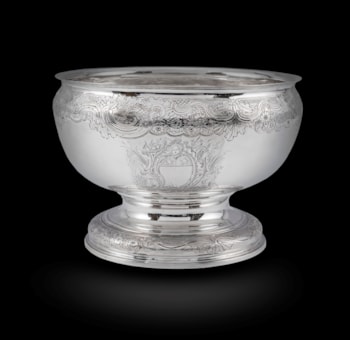Sampson Mordan & Co
( 1952 )
The most recent and certainly the most detailed account of this firm's history may be found in Edward Eldred's Sampson Mordan & Co., and illustrated booklet published in 1986. Sampson Mordan Senior, who was born in 1790, is said to have been the favorite apprentice and assistant of the mechanic John Bramah (1748-1814), inventor of patent locks, and an associate of Michael Faraday. Although he is supposed to have established his business in 1815, Mordan was not to patent his first ever-pointed or propelling pencil, upon which the fortunes of the firm were based, until 20th December 1822. He entered his first mark alone on 26th June 1823 and another with his partner, Gabriel Riddle, on 30th April 1824 from 22 Castle Street, City Road, where S. Mordan & Co. are first listed in 1825 as patent ever-pointed pencil and portable pen manufacturers. Thereafter they are variously listed at the same address as patentees of the ever-pointed pencil and portable pens and manufacturers of patent locks (1829),...and cedar pencils of pure Cumberland lead (1831),...and patent oblique pens...(1832), ...and other steel pens (1836). The partnership between S. Mordan and G. Riddle was dissolved on 20th December 1836, after which the former continued trading as S. Mordan & Co., listed in 1838 as...manufacturers of Cooper's patent smelling bottles, inkstands, new fountain inkstands, toilets, etc., and from 1840 at 22 City Road as patentees of the ever-pointed oblique and other steel pens; manufacturers of patent seven-guard and improved patent detector locks, cedar drawing pencils of pure cumberland lead; universal and self-adjusting penholders, portable quill pens; correct letter balances, patent and every description of glass and leather inkstands, medicine chests, smelling bottles with the patent spherical stopper, toilets etc.; copying and seal presses and fire proof cash and deed boxes. Following S. Mordan senior's death in 1843, the business of S. Mordan & Co. was continued according to the terms of his will by his sons, the younger Sampson Mordan and Augustus Mordan. In addition to their manufactory in City Road, the firm also opened c. 1842 a 'warehouse' or retail premises at 50 (re-numbered c.1854) Cheapside which they retained until c.1892. S. Mordan and A. Mordan were later joined by Edmund George Johnson and Zachariah Watkins, the latter retiring on 17th April 1879. S. Mordan junior, who had retired to live in Paris, died there on 9th May 1881 leaving an estate in England of £13,866 2s 2d and directions that his share of the business should pass to his brother Augustus. By 1890 Harry Lambert Symonds is recorded as a partner in S. Mordan & Co at 41 and 43 City Road, EC. In 1898, the year in which the firm was converted into a limited liability company under the style of S. Mordan & Co., they absorbed the similar business of Johnson, Sons and Edmonds of 32 John Street, Bedford Row, WC. The proprietors, James Pulley and H.L. Symonds, dissolved their partnership on 16th January 1899, after which the latter is recorded as managing director of S. Mordan & Co. Ltd. The City Road factory was re-built c.1900, at about the same time as showrooms were opened at 9 (&11), Warwick Street, Regent Street, W, listed from 1900 until 1909 after which the latter were moved to Belfast Chambers, 7 Beak Street, Regent Street, W, listed from 1910 until 1923. Margery Doris Symonds is subsequently recorded as director. In 1933 Mordan's announced that, in concentrating on the manufacturing side of their business, the distribution rights of their patented ever-pointed pencils and other manufactures have been given L.G. Sloan Ltd of the Pen Corner, 41 Kingsway WC2, of whom F.C. Guildford was a director. S. Mordan & Co. Ltd ceased trading in 1941 following the destruction of their factory by enemy action, after which the patents were sold out to another pencil manufacturer, Edward Baker; the company was finally put into voluntary liquidation in 1952.







